Feature
Salisbury Musick returns – building on an 18th-century legacy
Share this
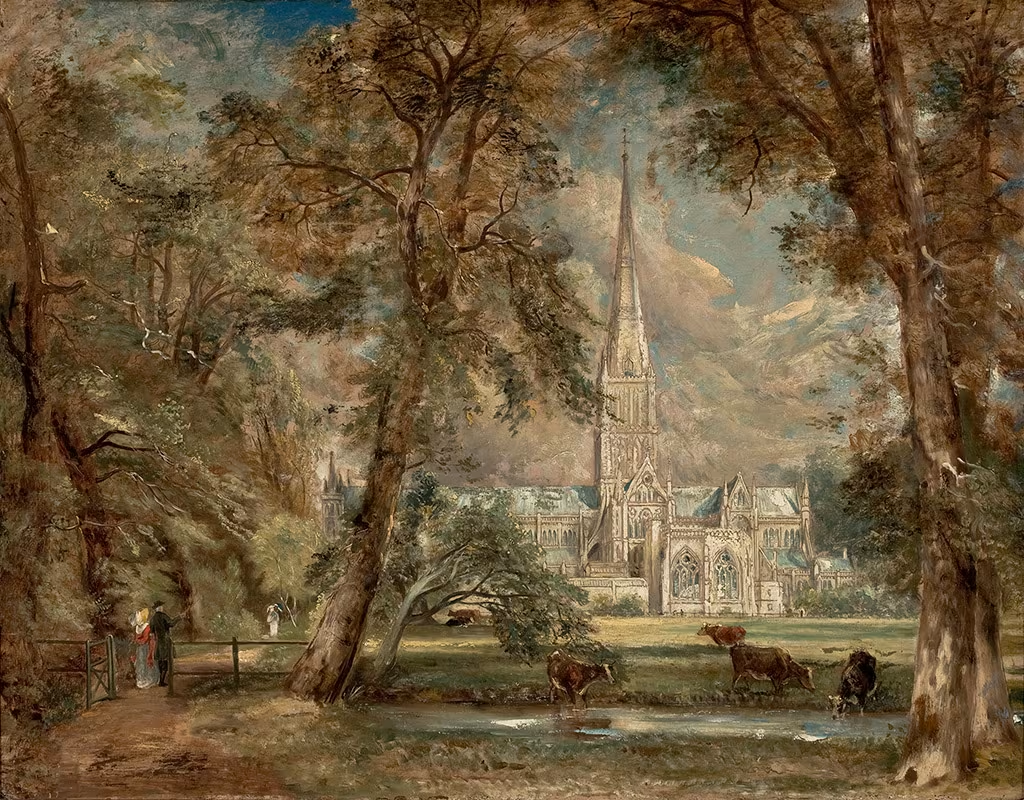
BY NIGEL WYATT | FIRST PUBLISHED 31 AUG 2025
Salisbury Musick will hold their first three-day festival of early and baroque music in October 2025. Taking its inspiration from the 18th-century festivals held in the city, it is named after The Salisbury Society of Musick which held fortnightly subscription concerts whose musicians formed the core of the performers at the annual festivals.
‘And hence the genuine Charm of Music, and the Wonders which it works... it is a Force irresistible, and penetrates into the deepest Recesses of the Soul.’
– James Harris, Three Treatises, Salisbury 1744
In early October 1775, 250 years ago, local musicians combined with leading singers and instrumentalists of the day to present the latest in a series of annual music festivals in Salisbury whose history stretches back to the early years of the 18th century. The festivals, which had their origins in celebrations of St Cecilia’s Day, combining a cathedral service and a concert by local musicians, had now developed into three-day festivals which attracted as ‘numerous and polite an audience as ever was known upon the like occasion’ (to quote from the report in the Salisbury and Winchester Journal 9 Oct 1775). Salisbury has always enjoyed a rich musical life, but these festivals of the 1760s and 1770s represent a particular high point which rivalled any concerts outside London and Bath.
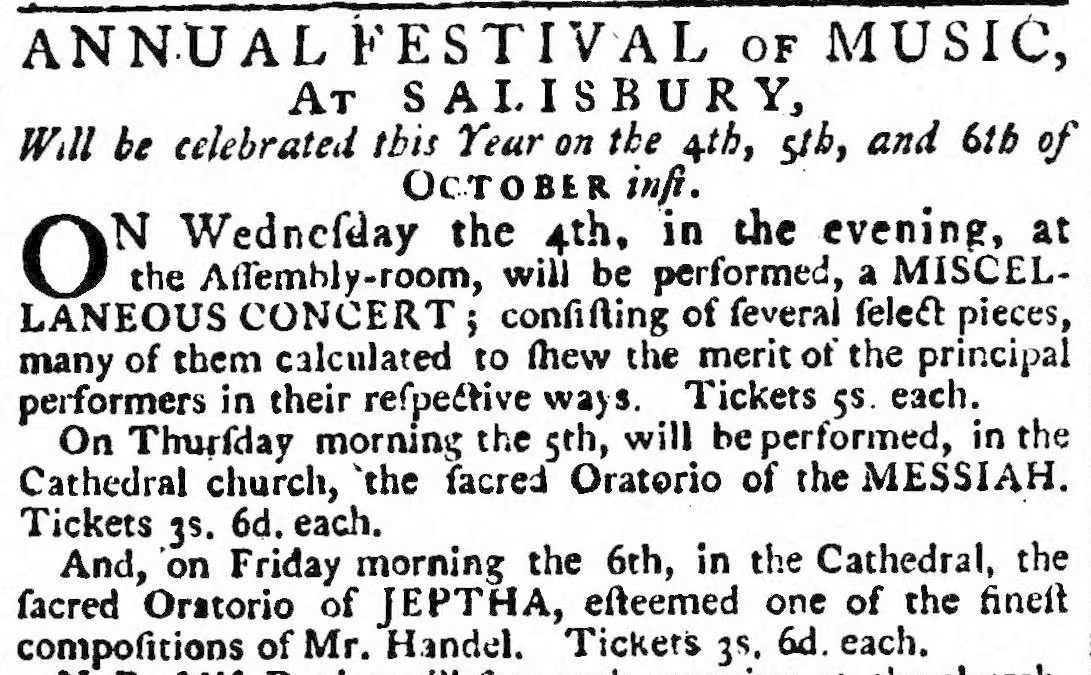
A group of local Salisbury musicians have come together to rekindle this tradition, reinterpreted for our current times, by presenting an exciting programme of concerts, talks and workshops spread over three days. The name of the new festival, Salisbury Musick, seeks to establish a conscious connection to our 18th-century forebears. When John Walsh published Handel’s Twelve Grand Concertos in 1739, one of those who had subscribed to the publication was The Salisbury Society of Musick – the group of leading Salisbury musicians who met every other Thursday in the Assembly Rooms for the regular subscription concerts, and who formed the core of the performers at the annual festivals.
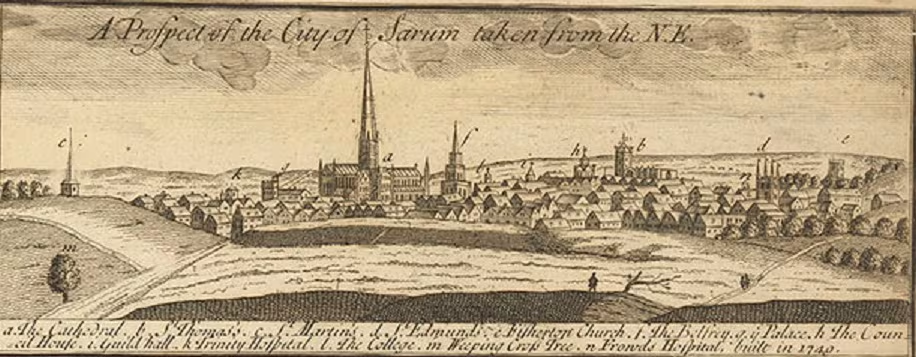
The 1775 festival featured the well-known soprano Miss Cecilia Davies, one of a number of soloists who contributed much to the growing success of the festivals through the middle years of the 18th century, including the castrati Giusto Tenducci and Venanzio Rauzzini, soprano Giulia Frasi and instrumentalists Carl Friedrich Abel, Johann Christian Bach and Felice Giardini. The orchestra was formed largely from the core of leading local players led by a professional violinist. This balance of local and professional performers was a key element in the success of the 18th-century festivals and is something the new festival seeks to incorporate as well.
On the first two days of the festival, local groups will perform in coffee-time and lunch-time concerts with two concerts featuring professional players each evening. On Friday 3 October, there will be a concert by Sounds Historical (part of a tour supported by Continuo Foundation), and a concert of music for solo violin by Julia Bishop. On the following evening (4 October), there will be a concert of music for harpsichord by David Wright followed by a concert of lute songs by Charlotte La Thrope (soprano), Hugo Hymas (tenor) and Sergio Bucheli (lute). Early Bird, a group featuring local harpsichordist Sharon Gould, will perform on Sunday afternoon.
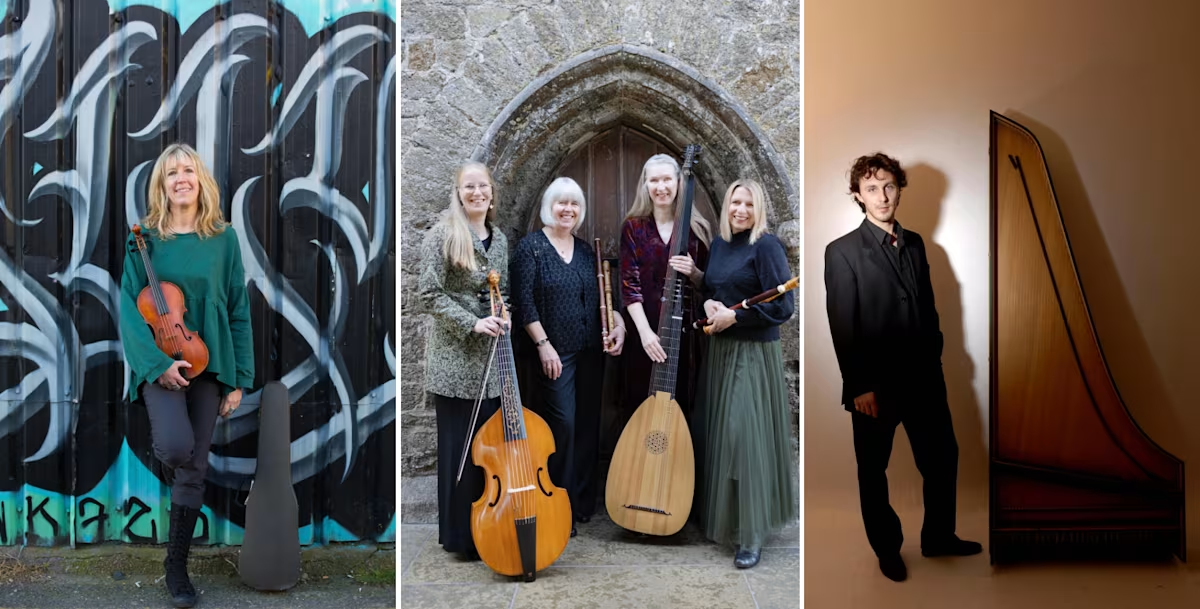
The festival will conclude with a performance of Bach’s Mass in B minor on Sunday 5 October, featuring leading Salisbury groups – Salisbury Baroque (led by Julia Bishop) and The Farrant Singers conducted by Philip Lawson.
The performances will take place in two of Salisbury’s most historic venues – The 13th-century Mediaeval Hall, originally the 'Great Hall' of Salisbury Cathedral Deanery, and St Thomas’s Church in the city centre. Dating back to the early 13th century, the church's famous doom painting over the chancel arch is thought by some to be the best mediaeval doom painting in the country. St Thomas’s was also one of the venues used in the 18th-century festivals when the cathedral was unavailable.
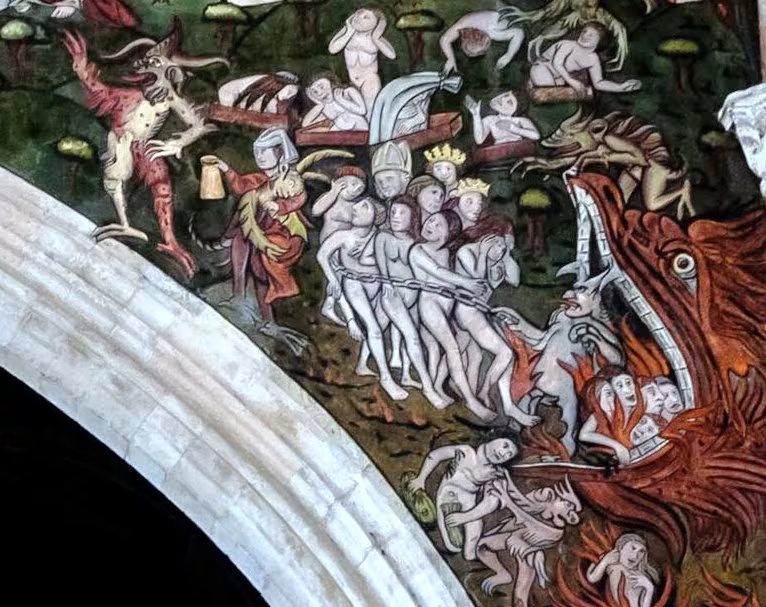
The modern festival will feature two elements not present in the 18th-century festivals. Firstly, there will be talks on the first two afternoons – on Friday, Nigel Wyatt will discuss the history of the 18th-century festivals in Salisbury and the reasons for their rapid decline amidst rancour and controversy in 1780. Then, what promises to be an interesting discussion about preparing for a performance of Bach’s Mass in B minor will take place on the Saturday, featuring violinist Julia Bishop who will lead the orchestra for the Sunday performance, and Colin Howard who has recently conducted a performance of the work in Dorchester.
Education workshops form the other new element of the modern festival, with workshops in baroque performance for local school children at the Salisbury Area Young Musicians led by Alice Poppleton, and sessions for tots and their parents/carers on the Sunday morning.
During the 1770s the festivals in Salisbury reached the peak of their success – they attracted large audiences and some of the leading singers and performers of the day. All this changed in December 1780 following the deaths, within days of each other, of Dr Stephens, the cathedral organist, and James Harris, MP and well known author who directed many of the concerts from the harpsichord. It was the close relationship between these two men that had underpinned the success of the Salisbury Festivals.
There were two local candidates to replace Dr Stephens at the cathedral, Joseph Corfe and Robert Parry, each with their own group of supporters. Robert Parry was chosen, a decision which split the local musicians into two bitterly divided camps. James Harris, who was a leading figure in Salisbury society as well as the guiding force behind the festivals, could perhaps have found a way through these difficulties had he still been alive. As it was, the festivals never really recovered. Salisbury Musick hope to revive the legacy of the 18th-century festivals, adapted to modern audiences.
The inaugural Salisbury Musick Festival will run from Fri 3 to Sun 5 Oct 2025 inclusive.
Share this
Keep reading
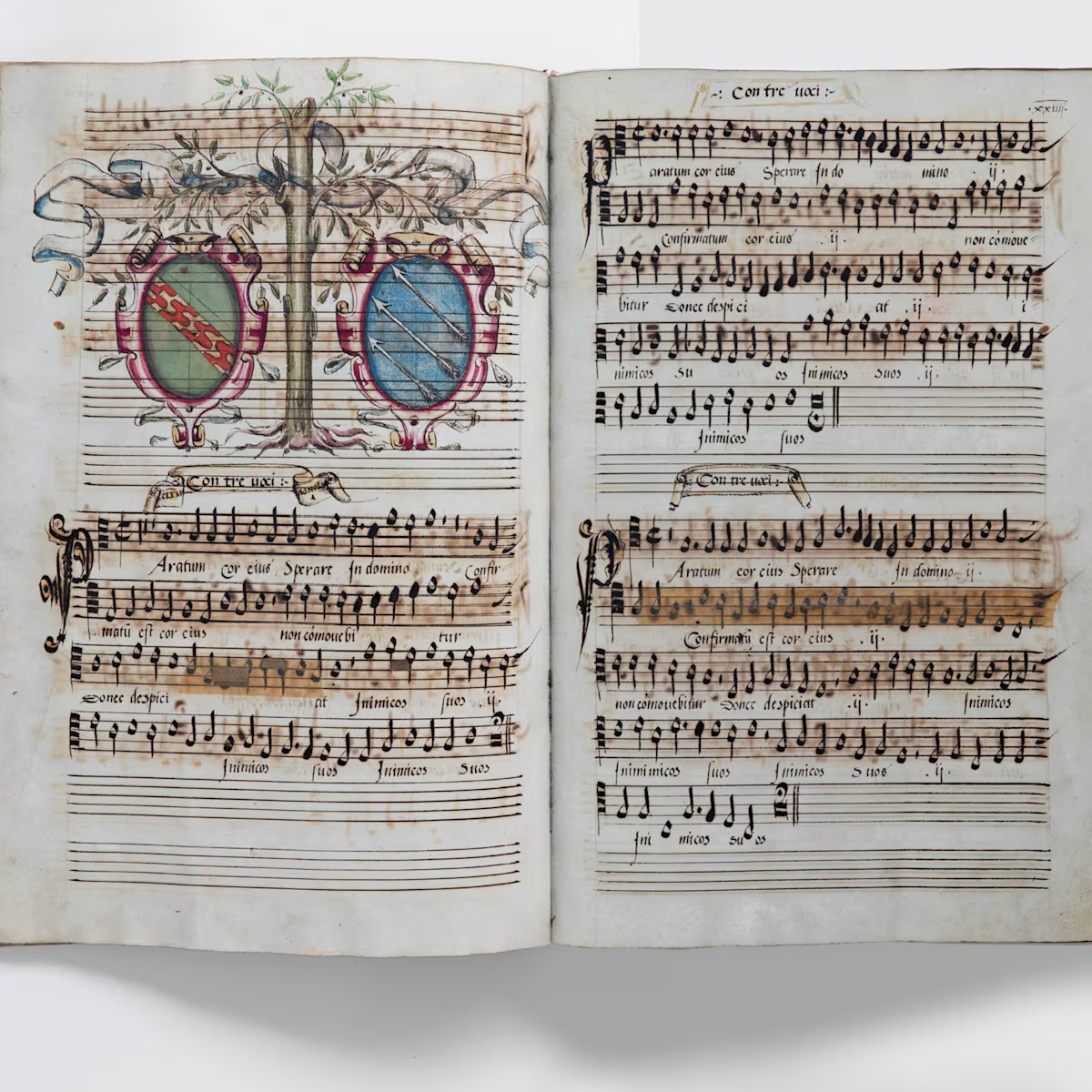
Sisters of polyphony
Laurie Stras uncovers the stories behind the extraordinary Biffoli–Sostegni manuscript, and traces the lives of the nuns who sang from it.
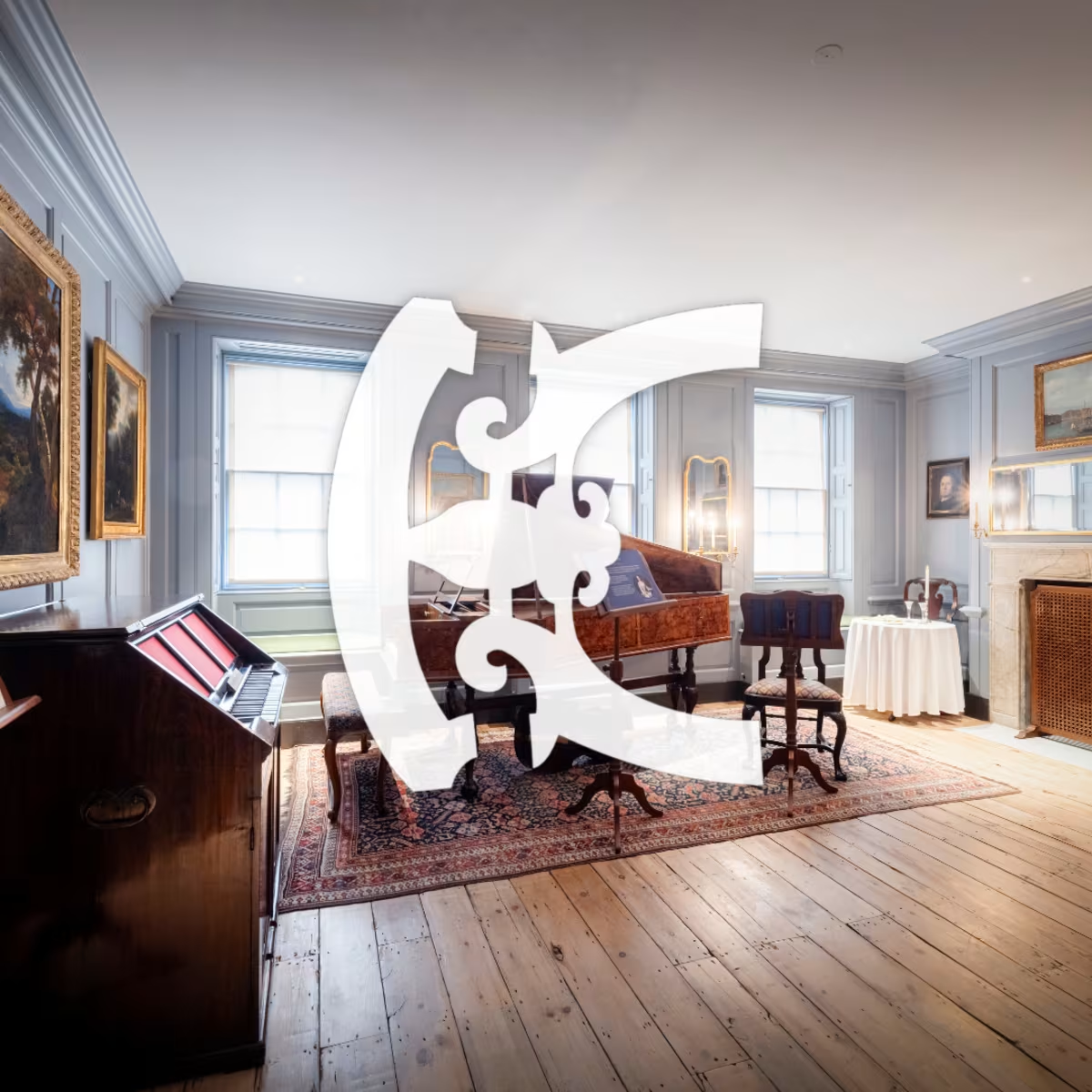
Playlist: Handel in London
A playlist that explores the music written by George Frideric Handel in London: from operas and oratorios to instrumental highlights.
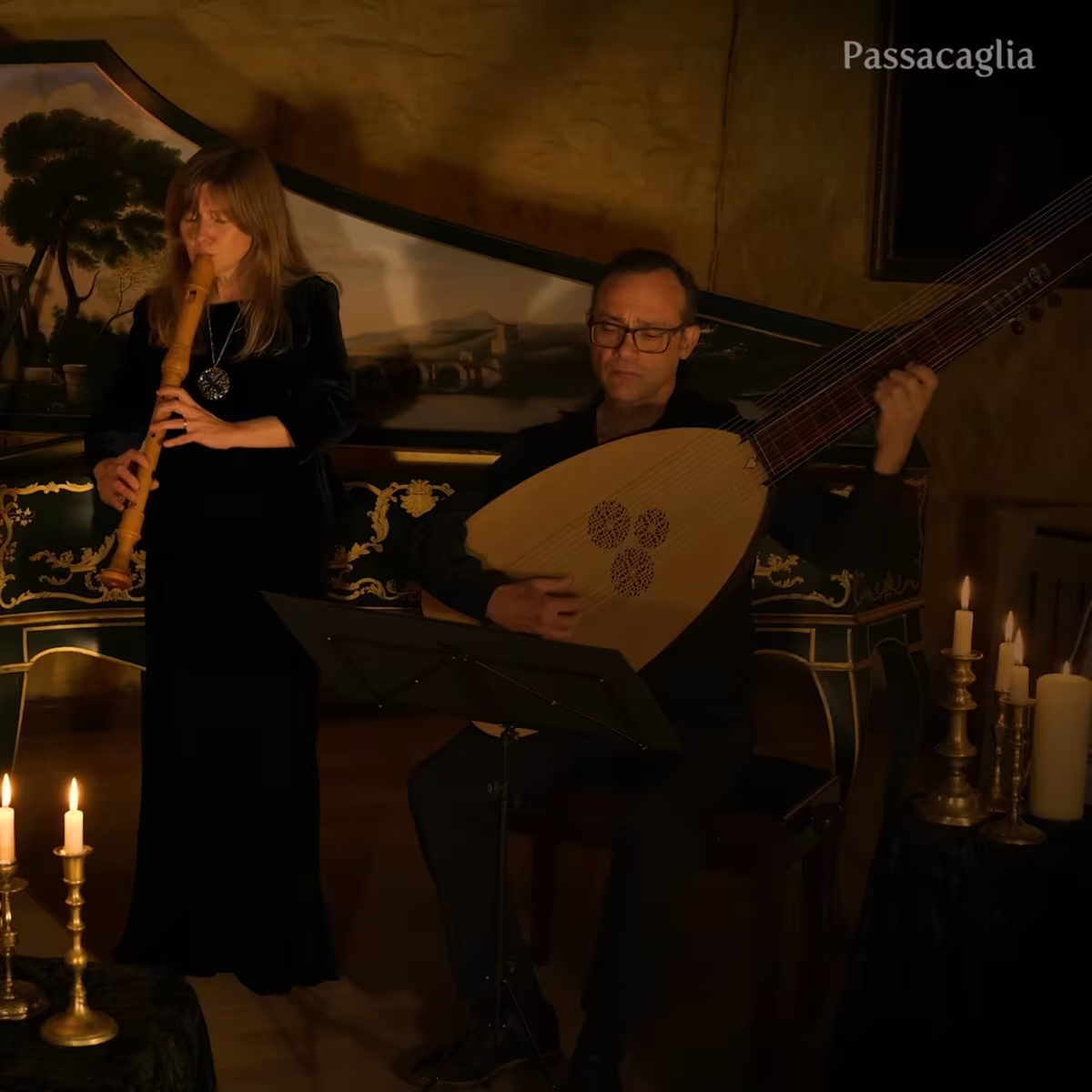
Passacaglia | Danican-Philidor ‘fils aîné’: ‘Le tombeau’
Passacaglia performs ‘Le tombeau’ in a video from their forthcoming album, ‘La Parisienne’, showcasing the music by the Danican-Philidor family.



